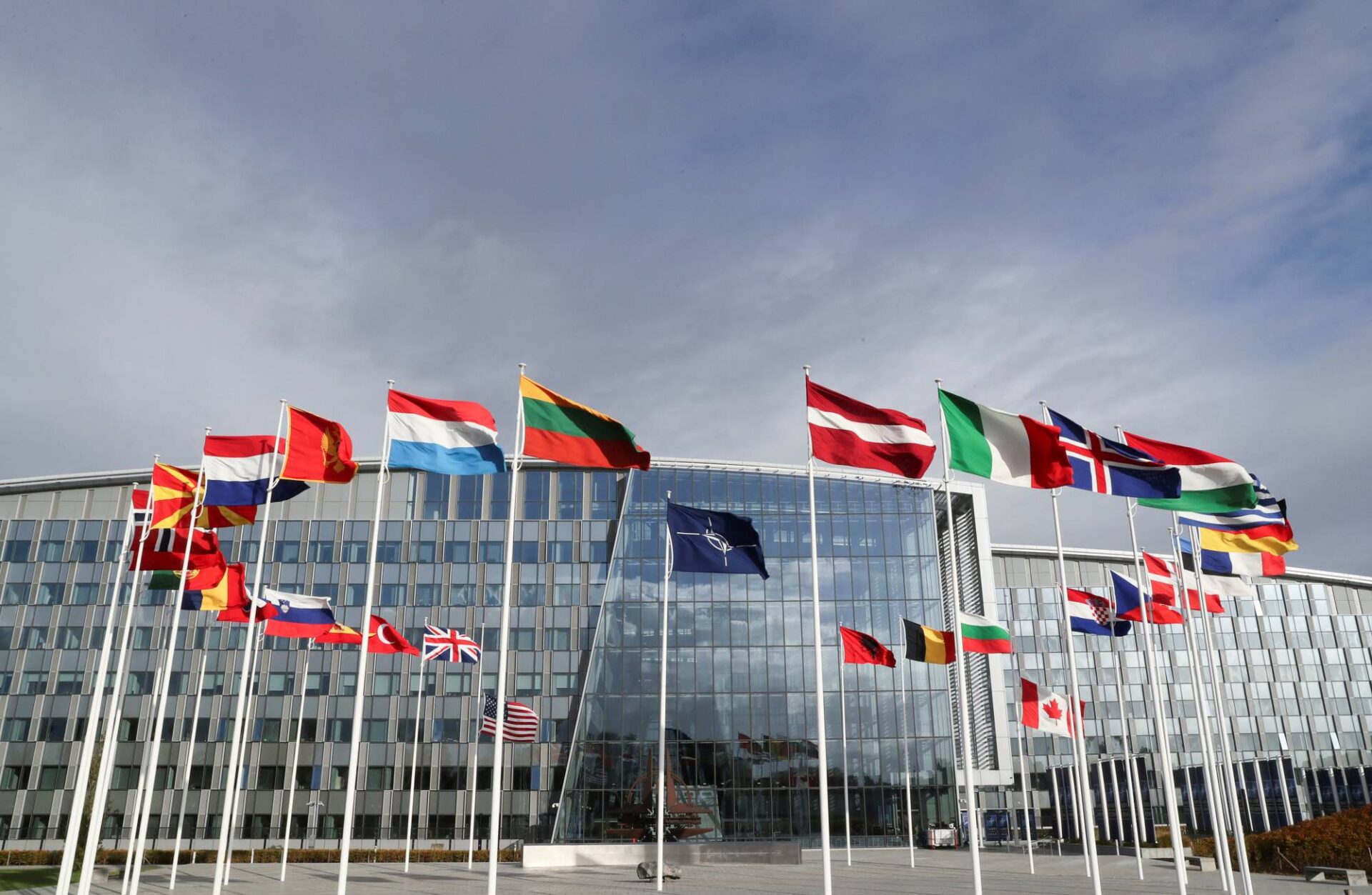Among the more questionable actions of the Biden administration has been the manner in which the White House is seeking to expand the functioning of the NATO alliance into the Indo-Pacific. Each of the forays of members of NATO into Asia during the 21st century has been a disaster. Nearly a half century after the Vietnam debacle for the US came the Afghan debacle in 2021, when the manner of the chaotic exit of US forces from the country resulted in its being retaken by the Taliban. Intervention in Libya during 2011 as part of regime change operations plunged that country into a cauldron of violence laced with extremism, with the stability brought by peace distant. As had been warned at the time, regime change operations in Syria failed to dislodge Bashar Assad, who has now retaken almost all the country from the rebels who were set loose against him.
Russia and Iran helped in such an outcome. Turkey was allowed by President Trump to set up a separate zone carved out of Kurdish territory, in which extremists continue to prosper. Iraq has yet to recover from the post-invasion effects of governance policies set by President George W. Bush after he easily succeeded in defeating a much weakened Saddam Hussein in a conventional war in 2003. ISIS sprouted, as did other variations of terror groups, and for a period, these had control over more territory in Iraq than the government in Baghdad. Despite a consistent record of failure, President Biden remains committed to bringing in NATO as the principal security guarantor for the security of the Indo-Pacific despite its sorry record of unmitigated failure in Asia. NATO was set up as an Atlanticist construct to defend against the USSR, which after getting substantially reduced in size and in other parameters by 1991, became the Russian Federation.
Leaders in the USSR had no intention of using military force to take on the US in order to seize control of West Europe. Instead, Stalin set up a defensive cordon of vassal regimes across the boundaries of western countries, including the eastern part of a severely truncated Germany. Given the loss of life during World War II, the USSR had zero appetite for another such conflagration. Instead, the Kremlin relied on influence operations that were designed to promote the prospects of USSR-friendly communist parties in Italy and France in particular, but failed to get any traction. Soon, Eurocommunism became a term of ridicule. Even in Asia, it was the PRC that intervened kinetically in the Korean war, not the USSR to roll back the US advance back to the 38th parallel, at which point President Eisenhower decided that if the US could live with a divided Europe, it could get by very well with a divided Korea, and agreed to an armistice on 27 July 1953.
Having fought courageously and competently during 1941-45 in Europe, Eisenhower was as reluctant as the Soviets were to begin a superpower war. NATO claimed that it saved the rest of Europe from Soviet domination, a threat that is as imaginary as the present line that NATO is ensuring that the rest of Ukraine not be taken over by Russia, when Putin has no desire for more territory than what he has already got in Ukraine, with the possible addition of Odessa. Rather than bring in NATO as a security provider in the Indo-Pacific, the White House needs to help set up a new protective alliance comprising of countries in Asia together with the US for the task of protecting the Indo-Pacific from a superpower intent on aggression and expansion. NATO can only play a supplementary role in ensuring security in Asia rather than assume the primary responsibility. And in any alternative Asia-centric security construct for the Indo-Pacific, India is an essential partner.

